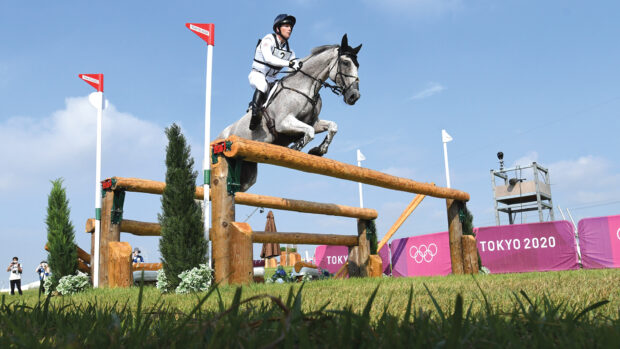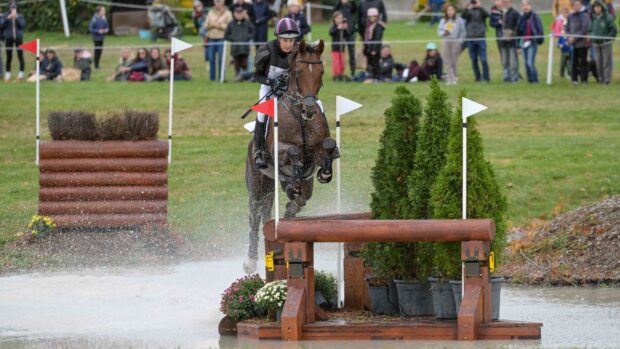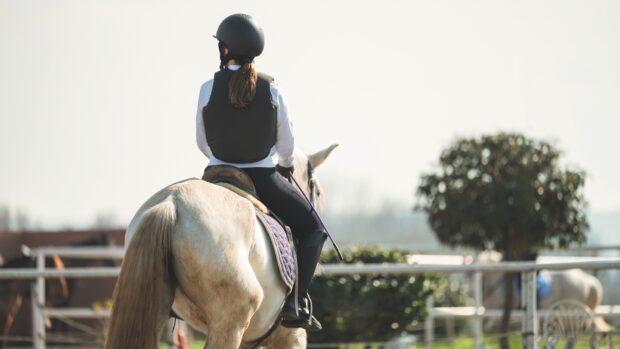Will new step make buying horses easier?
The British Equine Veterinary Association (BEVA) has introduced a seller’s declaration document as part of its new online pre-purchase examination (PPE) toolkit for vets. Previously, the seller’s declaration was part of BEVA’s pre-purchase worksheet, containing questions for the vet to ask the seller. The new document is designed for the seller to complete, giving the buyer more information up front. “If completed in advance, BEVA’s new seller’s declaration should give the buyer more robust information on which to base proceeding with the PPE or not,” said BEVA veterinary projects officer Lucy Grieve, who has been instrumental in putting the new guidance together.
Find out what’s covered in the document
Overcoming multiple problems to enjoy dressage success
The owner of a cob who survived a complex multitude of veterinary ailments before he started his ridden career hopes his dressage success will show other owners what can be possible. Rebecca Duke bought Mr Finn as a three-year-old and within a few years, he had been diagnosed with arthritis, bony changes to the spine, respiratory issues, PSSM and ulcers. She was advised by a vet that putting him down might be the best option. But despite this, they have gone on to be placed at the British Dressage summer Area Festivals and won up to novice level. “All horses can shine through dressage; the unlikely ones, all breeds and even the ones who are a little broken,” she said.
How owners justify actions that don’t align with equine welfare
A new study titled “But my horse is well cared for” and published in Animal Welfare has found humans can hold conflicting thoughts about horse welfare – and that they reconcile and rationalise their actions to make themselves feel better about it. For example, those taking part perceived welfare issues and expressed concern for the wellbeing of horses, but also justified practices they acknowledged as harmful by employing several strategies, including reframing and trivialisation. World Horse Welfare’s director of UK, vet Malcolm Morley, told H&H: “It’s encouraging that many riders in this study describe a ‘good life’ for horses in ways that echo the five domains… The harder truth is that knowing this and putting it into practice are not the same thing, and there is a significant gap. Long-standing habits, traditions and the pressures of competition can pull people away from what they believe is right for their horses.”
- To stay up to date with all the breaking news from major shows throughout 2025, subscribe to the Horse & Hound website
You may also be interested in:
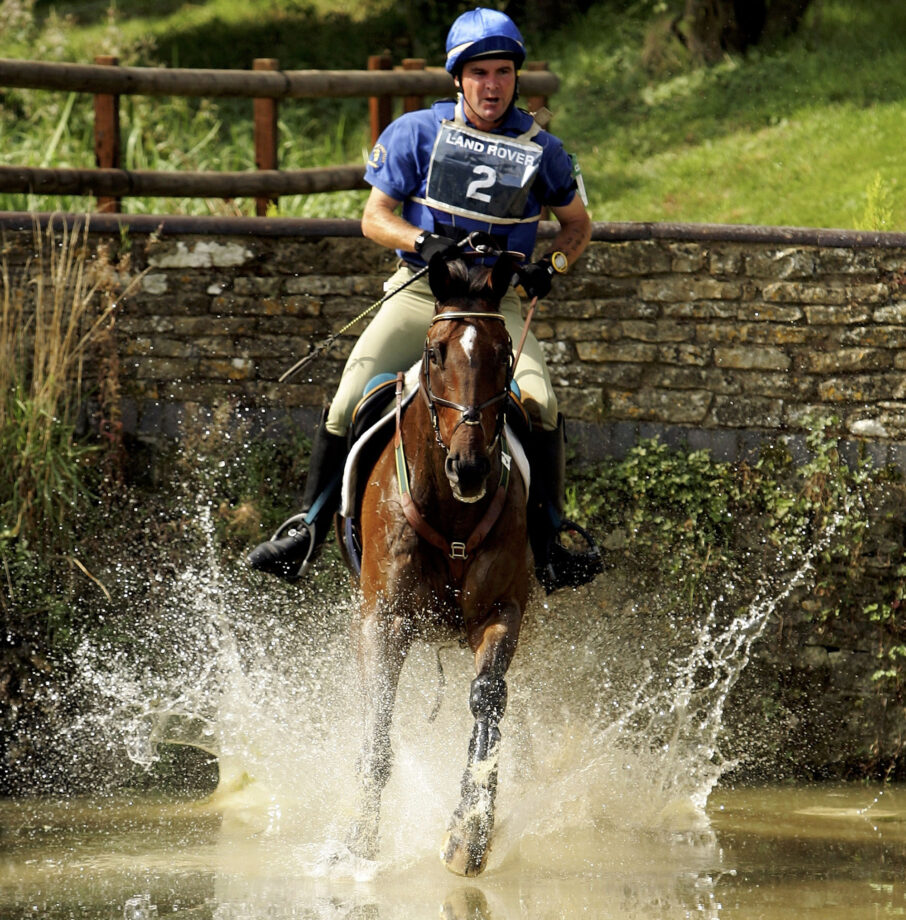
‘No cross-country course in the world he couldn’t make the time on’: farewell to Burghley runner-up, aged 29
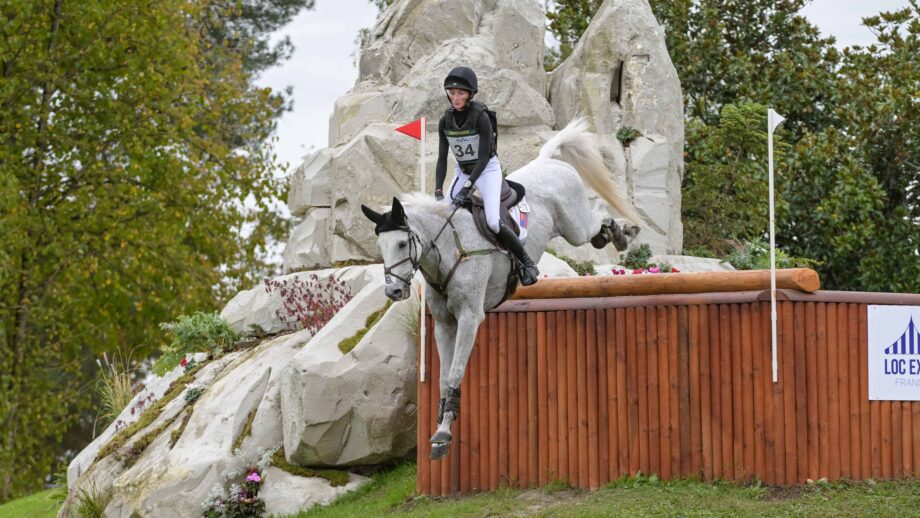
‘He’s not ready to retire yet’: Emily Hamel and veteran superstar complete sixth northern-hemisphere five-star at Pau Horse Trials
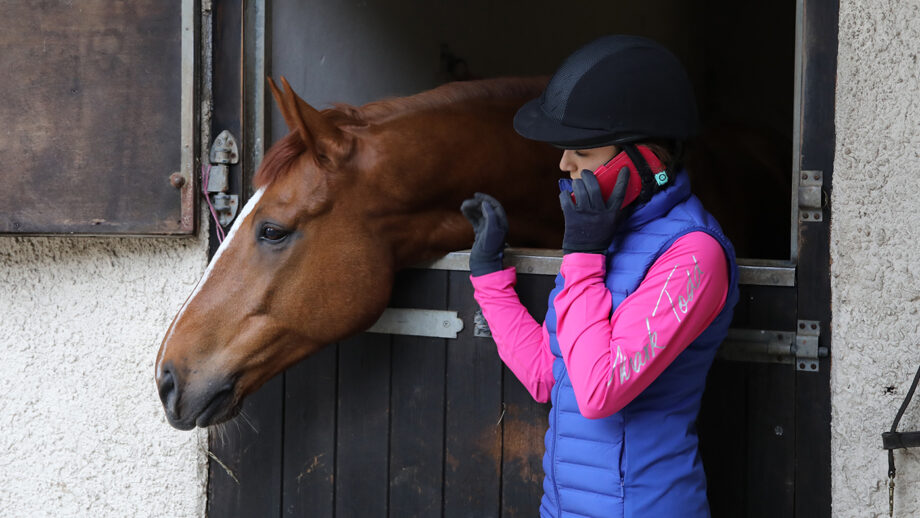
7 horse insurance mistakes to avoid, according to industry experts

Subscribe to Horse & Hound magazine today – and enjoy unlimited website access all year round


